We’ll help as India faces crisis ‘on unimaginable scale’
Australia is preparing to send ventilators and medical supplies to India amid warnings the country is ‘gasping for oxygen’.
Australia will impose a ban or tougher restrictions on travel with India, and is preparing to send ventilators and medical equipment to support thousands of COVID-19 patients flooding emergency rooms across the subcontinent amid warnings the country is “gasping for oxygen”.
Prime Minister Scott Morrison will convene a meeting of the National Security Committee of Cabinet on Tuesday to decide on upgraded border restrictions with India, as his Indian counterpart Narendra Modi confronts a catastrophic virus outbreak, with more than 350,000 daily infections and thousands of deaths.
Mr Morrison last week announced a 30 per cent reduction in passenger numbers for Australians returning from India on government-facilitated flights over May, as well as a 30 per cent reduction on commercial flights direct from India.
The dramatic increases in new infections and deaths in India has forced the government to decide on tougher restrictions or a blanket ban, similar to the height of the pandemic with China, Italy, South Korea and Iran.
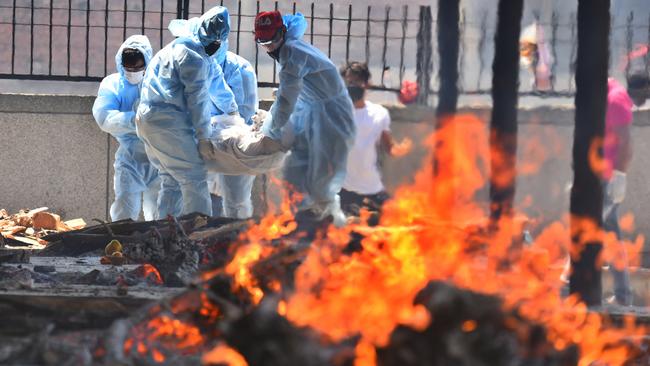
Mr Morrison, Foreign Minister Marise Payne, High Commissioner to India Barry O’Farrell, Health Minister Greg Hunt, Home Affairs Minister Karen Andrews, senior department officials and the Australia-India community worked through the weekend to prepare a humanitarian package, which will provide practical and immediate help for the Modi government.
The speed of the COVID-19 infection spread in India has forced DFAT officials to prepare Australians in India for the likelihood of a travel ban, with thousands attempting to return home.
Mr Hunt on Monday said the NSC meeting would determine what Australia could do to assist India as it faced a “humanitarian and health crisis on an unimaginable scale”.
The government was expected to deploy ventilators, oxygen and personal protective equipment to India, which has ramped up its domestic vaccination production.
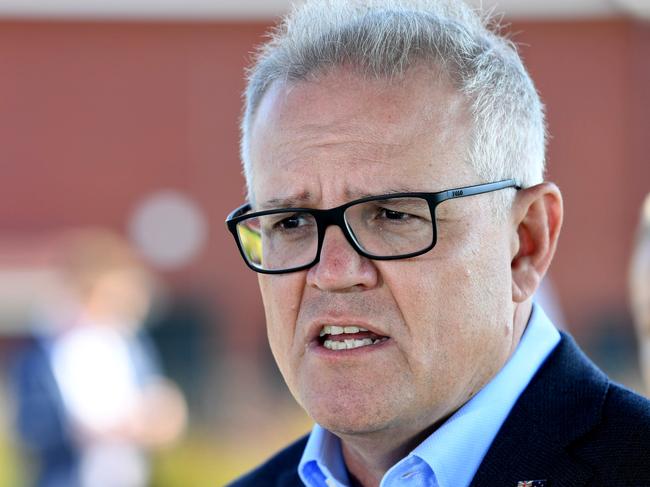
“India is literally gasping for oxygen,” Mr Hunt said. “And whilst we can assist with the national medical stockpile, their particular request is for assistance with regards to the physical supply of oxygen. And that will be one of the things we’re looking at, in particular with the states.
“We recognise that for the Indian community, they are suffering abroad, but our Indian-Australian community is also suffering. Their friends and their family and their loved ones are in extremis.
“Many are contracting the disease and many, sadly, are dying every day. They are dying and unable to breathe.”
The Australian understands the government was assessing how it could best support Australians getting home, and was working on upgraded quarantine measures which could facilitate people leaving India.
Mr O’Farrell on Monday confirmed there had been a surge in Australians trying to get home.
“I think the list is still about 8000 and that’s after we’ve returned a total of 17,000 people since March of last year,” he said.
Travel between Australia and India, as well as other countries, has been heavily regulated during the pandemic, and often required exemptions.
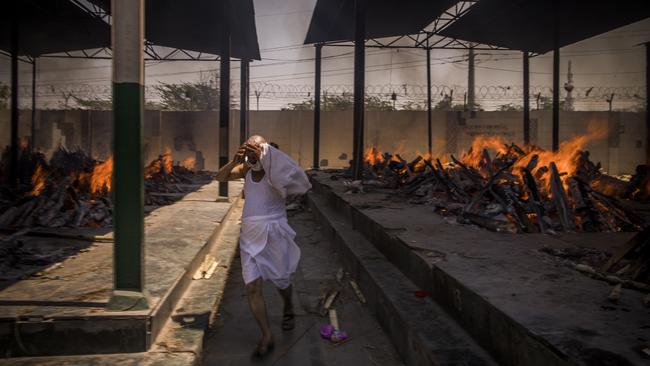
Mr Hunt, who conceded the NSC meeting may be forced to further reduce flights, said the government was attempting to strike a balance of keeping Australia safe and bringing home Australians stranded overseas.
Mr Morrison, who last spoke with Mr Modi at the Quadrilateral Security Dialogue virtual leaders’ summit last month, at the weekend said Australia “stands with our friends in India as it manages a difficult second COVID-19 wave. We know how strong and resilient the Indian nation is. Narendra Modi and I will keep working in partnership on this global challenge.”
Britain, the US and Europe have all pledged to send emergency equipment and support to India this week.
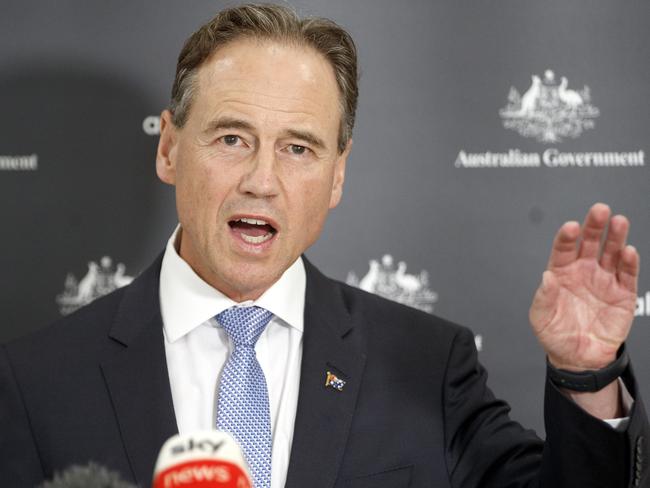
US President Joe Biden on Monday tweeted that America was “determined to help India in its time of need” in a coming together of the two nations with the most COVID-19 cases in the world. The US pledged it would send supplies and resources – including ventilators, rapid diagnostic test kits and PPE – and had also identified sources of raw material urgently needed for Indian manufacture of the Covishield vaccine which would be made immediately available to India.
The Biden administration said it was urgently exploring ways to provide India with oxygen generation, while a team of public health experts from the Centre for Disease Control and USAID would be working in close consultation with Indian authorities.
The US Development Finance Corporation is also committed to funding an expansion of manufacturing capability for Indian vaccine manufacturer BioE, allowing it to produce one billion vaccine doses by the end of 2022.
The commitments came after US National Security Adviser Jake Sullivan spoke with his Indian counterpart Ajit Doval. The two democracies pledged to stay in “close touch in coming days”.
Australia’s success in suppressing the virus spread, supported by tough international border rules, meant the country’s medical stockpiles have a surplus of non-invasive ventilators.
Mr Hunt said “we’ll still keep a reserve, but if they can be of assistance, equally, we’ve reached out to the states who actually carry the supplies of oxygen, to see whether there is any spare capacity which may be provided”.
In updated travel advice for India, DFAT said COVID-19 infection numbers were “increasingly rapidly across India”.
“Medical facilities in major cities have adequate treatment standards, though availability of treatment is strained as a result of the COVID-19 pandemic.
“Availability of treatment can be very limited or unavailable in remote and rural areas.”

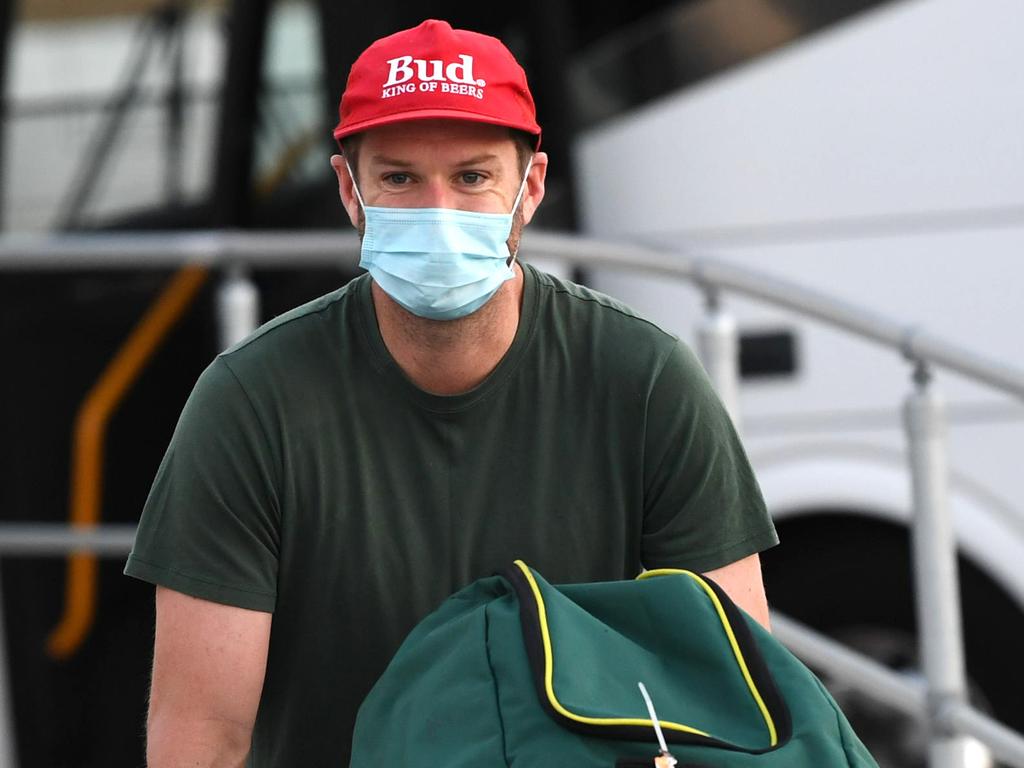


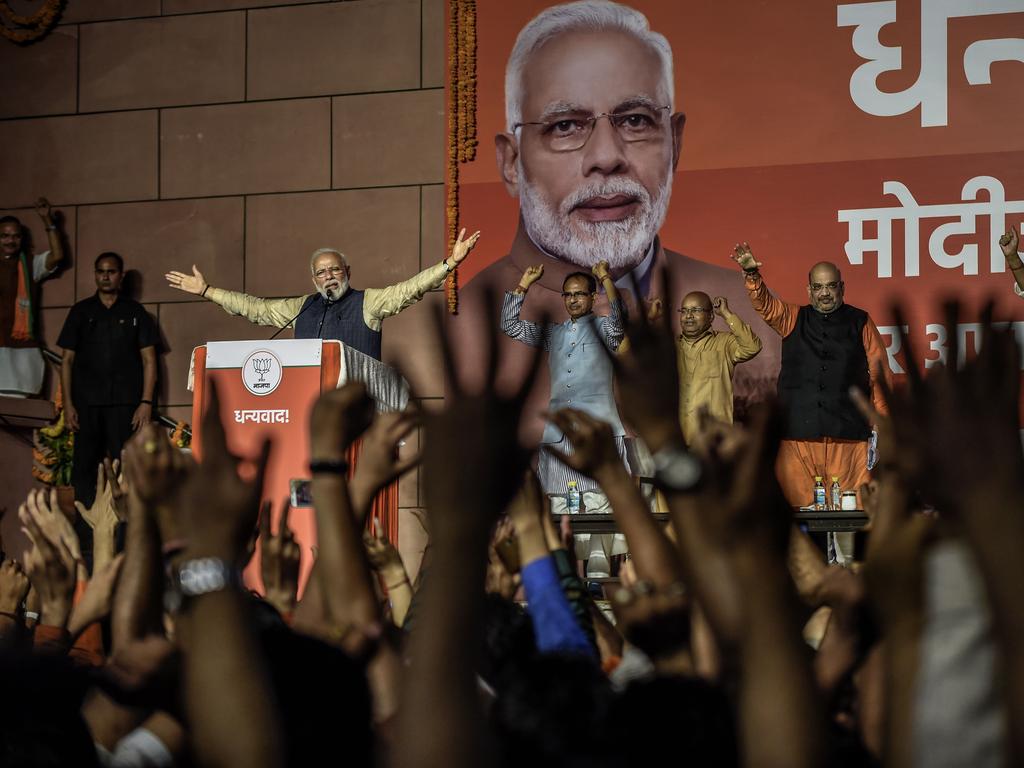


To join the conversation, please log in. Don't have an account? Register
Join the conversation, you are commenting as Logout